At the end of the weekend trading session, steel prices in the world market recorded a decline due to weak demand, especially in China. Meanwhile, the domestic market maintained price stability from major manufacturers.
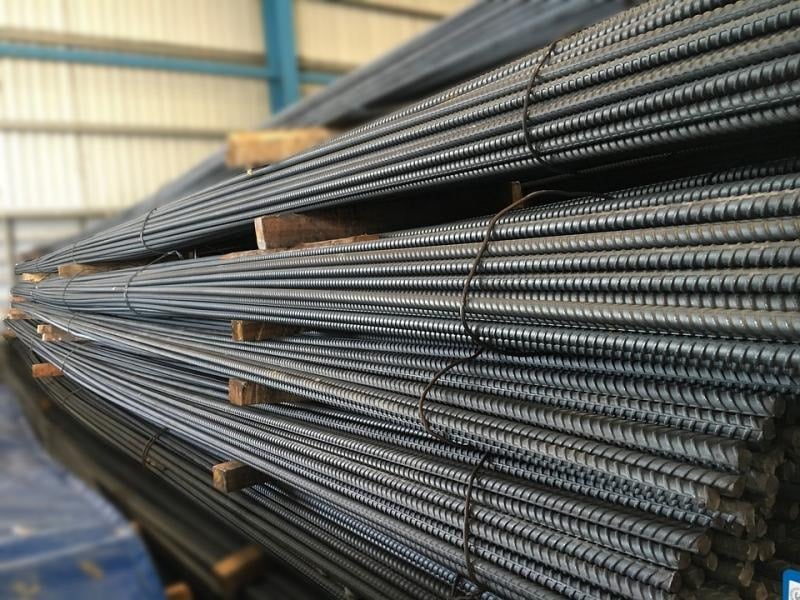
Price developments in the world market
On the Shanghai Futures Exchange, December rebar futures fell 1.31 percent, or 40 yuan, to 3,009 yuan a tonne. Similarly, iron ore on the Dalian Commodity Exchange also fell 1.09 percent, or 9 yuan, to close at 819 yuan a tonne.
At the Singapore Exchange (SGX), the price of iron ore futures for December delivery decreased by 0.26 USD to 106.79 USD/ton. However, compared to the end of last week, the prices of these commodities still recorded growth: Shanghai steel increased by 0.8%, Dalian iron ore increased by 2.1% and Singapore iron ore increased by 2.5%.
Causes of decline and challenges of steel industry
China's domestic demand weakens
The main reason for the decline in steel prices is weak domestic demand in China, despite signs of tightening supply. The latest data showed that China's construction PMI fell to a record low of 49.1, marking the third consecutive month of decline. This reflects weakening household purchasing power and government measures to tighten the housing surplus, putting pressure on steel consumption.
Raw material costs and trade disputes
In addition to weak demand, the steel industry is also facing rising input costs, threatening mill profits. According to Bloomberg, iron ore prices in Singapore have risen for four consecutive months, while coking coal prices in Dalian have reached their highest level in nearly a year. At the same time, escalating trade disputes between China and major steel consuming countries have also made it difficult for mills to offset domestic demand with exports.
In response, Beijing has proposed a stricter capacity swap policy, banning new capacity additions in key areas and restricting capacity transfers between regions, to curb falling steel prices.
The mixed business situation of enterprises
Third-quarter results for China's major steelmakers were mixed. Baosteel, the largest steelmaker, posted strong profits. Hesteel reported a 45 percent year-on-year increase in profits, and Maanshan Iron & Steel posted its best results in nearly two years. In contrast, Angang Steel, the second-largest producer, widened its losses from the second quarter.
Qin Cui, president of the China Iron and Steel Research Institute, said that steel mill profits have started to decline again. He said exports will play a more important role in the coming months.
Domestic steel market maintains stable prices
In contrast to the fluctuations of the world market, domestic construction steel prices are kept stable by businesses. Below is a reference price list from some major brands:
| Business | CB240 coil steel (VND/kg) | CB300 rebar (VND/kg) |
|---|---|---|
| Hoa Phat | 13,500 | 13,090 |
| Viet Duc | 13,350 | 12,850 |
| Pomina | 14,440 | 14,290 |
| VJS | 13,230 | 12,830 |
Source: https://baolamdong.vn/gia-thep-hom-nay-211-giam-tai-trung-quoc-trong-nuoc-on-dinh-399479.html





![[Photo] President Luong Cuong receives US Secretary of War Pete Hegseth](https://vphoto.vietnam.vn/thumb/1200x675/vietnam/resource/IMAGE/2025/11/02/1762089839868_ndo_br_1-jpg.webp)
![[Photo] Lam Dong: Images of damage after a suspected lake burst in Tuy Phong](https://vphoto.vietnam.vn/thumb/1200x675/vietnam/resource/IMAGE/2025/11/02/1762078736805_8e7f5424f473782d2162-5118-jpg.webp)

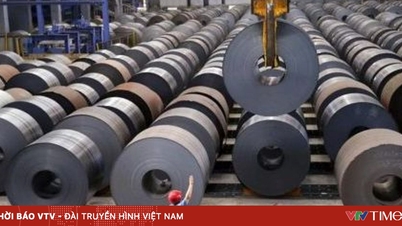

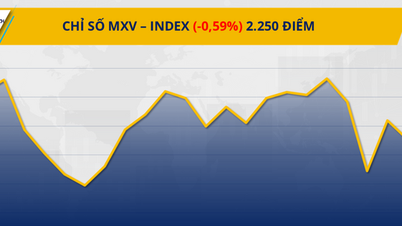







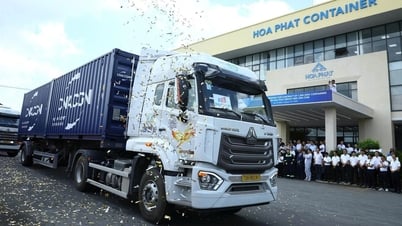

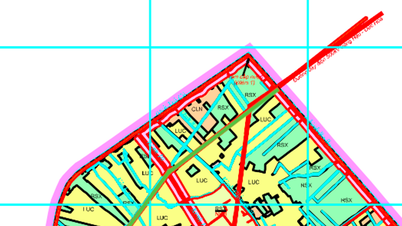











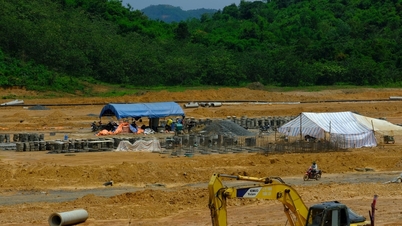
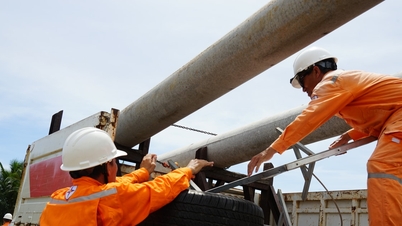
















































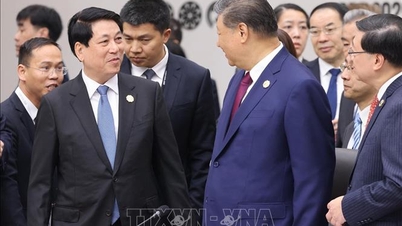

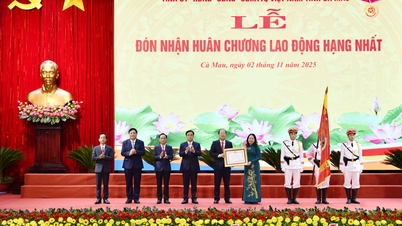







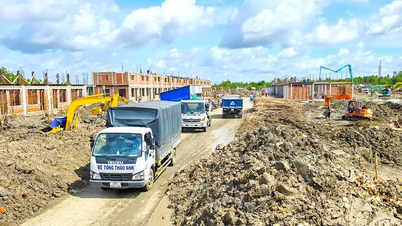
















Comment (0)